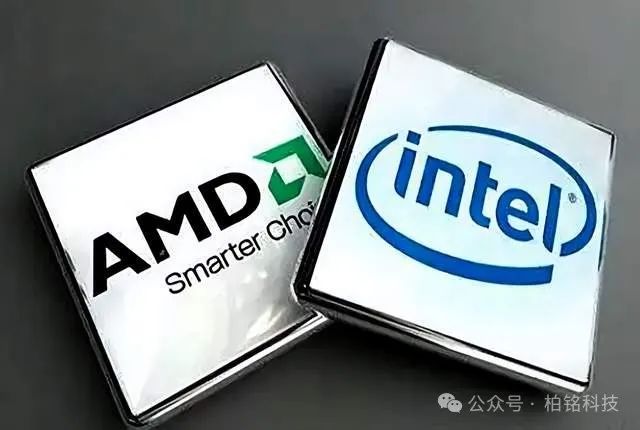Market research firm IDC recently released data on the global server chip market for Q4 2024, indicating significant changes in the server chip market. The market share of American-dominated X86 server chips has drastically declined, suggesting that China’s self-developed server chips have made substantial inroads into the market.

According to IDC, the global server chip market surged by 91% in Q4 2024, with non-X86 server chips experiencing an even more remarkable increase of 262%. The share of non-X86 server chips has reached 29%, effectively breaking the decades-long monopoly of X86 server chips in the market.
China’s market is the fastest-growing server chip market globally, with a growth rate of 93.3% in Q4 2024, surpassing the global growth rate. This is likely related to China’s aggressive push for domestic server chip replacements.
China has simultaneously developed various server chip architectures, including ARM, RISC-V, Alpha, and loongarch, with loongarch being a fully self-developed architecture. Brands such as Feiteng, Shenwei, and Longxin are engaged in the development of these server chips, providing a diverse range of server chips to meet the needs of different domestic sectors.

China’s vigorous promotion of domestic server chip replacements is driven by the importance of server chips to information security, especially in certain sensitive areas where security takes precedence over other considerations. Consequently, China is actively replacing imported chips with domestic server chips.
The successful replacement of imported operating systems with domestic server operating systems has also provided strong support for the substitution of domestic server chips. Server operating systems are primarily used by technical engineers, who do not have a strong dependency on any particular operating system. As a result, the market share of domestic server systems has risen to over 70%, while Microsoft’s share is only about 20%.
The combination of domestic server chips and domestic server operating systems can truly ensure information security from the ground up, providing a solid foundation for China’s internet infrastructure. It is anticipated that the replacement of imported server chips with domestic ones will further accelerate, and in the future, most server chips in China may be dominated by domestic products.

The X86 architecture, which has dominated the global server chip market for many years, is owned by American companies Intel and AMD. Over the years, they have profited immensely from the server chip market, particularly Intel, which has held a monopolistic position. Despite fierce competition in the PC market over the past 20 years, leading to a decline in PC processor prices, server chip prices have remained high.
China’s large-scale replacement of server chips with domestic alternatives has already impacted Intel, as evidenced by Intel’s earnings forecast indicating a massive loss of $18.8 billion in 2024. Server chips contribute nearly half of Intel’s profits, highlighting the significant impact of China’s reduction in server chip imports on Intel.
The breakthroughs in the server chip market have inspired China to pursue domestic chip replacements in more sectors. Reports indicate that several domestic companies are developing fully domestic PCs that utilize domestic PC processors and operating systems. As domestic chips and operating systems continue to improve, the replacement of PCs with domestic products will gradually advance.

For decades, the chip market has been dominated by the United States. However, in the past decade, the U.S. has implemented numerous measures that have led to a decline in global trust in American chips. China is actively promoting the development of domestic chips, which is not only related to information security but also to industrial security. The U.S. restrictions on chip supplies have caused significant unease in China’s manufacturing sector. In the area of mature chips, China has already made significant strides in replacing imports with domestic chips, and now it is making progress in the advanced server chip market. The development of Chinese chips is bound to accelerate further.